Koko founder on £70m relaunch: ‘Camden’s always gonna have edge’
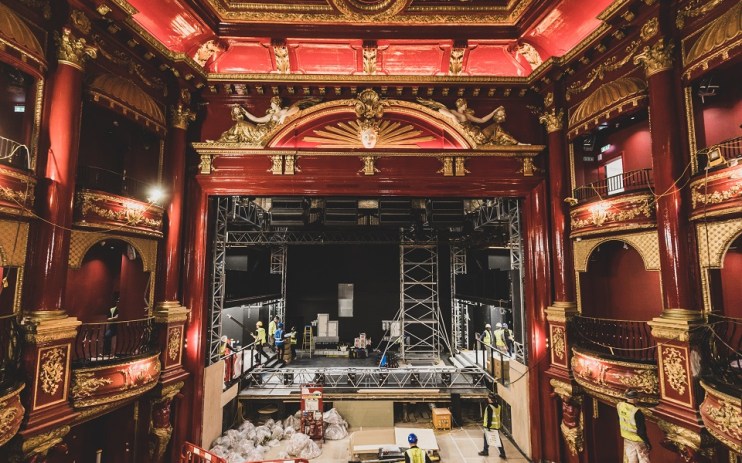
Camden’s iconic Koko venue – closed for three years and the victim of a devastating fire in 2020 – finally reopens tomorrow following a £70m renovation. To put that into context, that’s one fifth of the cost the original contractor quoted for building The Shard.
It’s a staggering renovation for the historical venue, which has played host to The Clash, Madonna and Prince, and is one of London’s most prized culture hubs. Towering four floors above the original venue and spanning the entire Camden block Koko sits on, the renovation brings an old pub and former piano factory behind the venue into the new sprawling Koko offering.
Much of it is a private membership club, a labyrinthine mass of gorgeously adorned corridors giving way to rooms where paying members can listen to vinyl with private waiter service, space for bands to lay down tracks in recording studios, and an entire jazz bar. The experience culminates with a rooftop restaurant, garden and penthouse, and the idea is members can move from the rooftop garden, through Koko’s domed roof, which is decked out a bit like a teepee, then descend a spiral staircase to private viewing platforms in the Fly Tower adjacent to the Koko stage. There’s even a private dining room with a balcony and window out to the live performances.
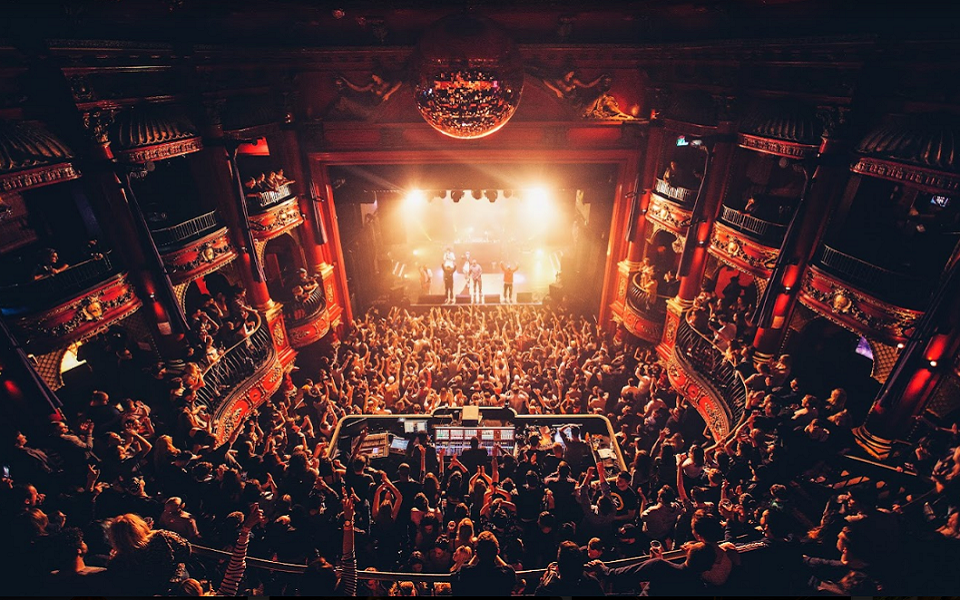
Much of this will be invisible to ordinary Koko punters, who will come in through the front doors, although new eating and drinking options, and a shop, can be found out front-of-house, bringing some of the swanky vibe to the public.
In the main Koko venue recognisable to Londoners, things look familiar: there are new licks of ox-blood paint and gold detailing respectful to the 1900s when the venue first opened. Would they have considered changing the look of the main venue? “No,” says Olly Bengough, founder of Koko and the man behind the new refurbishment. “It’s Koko.”
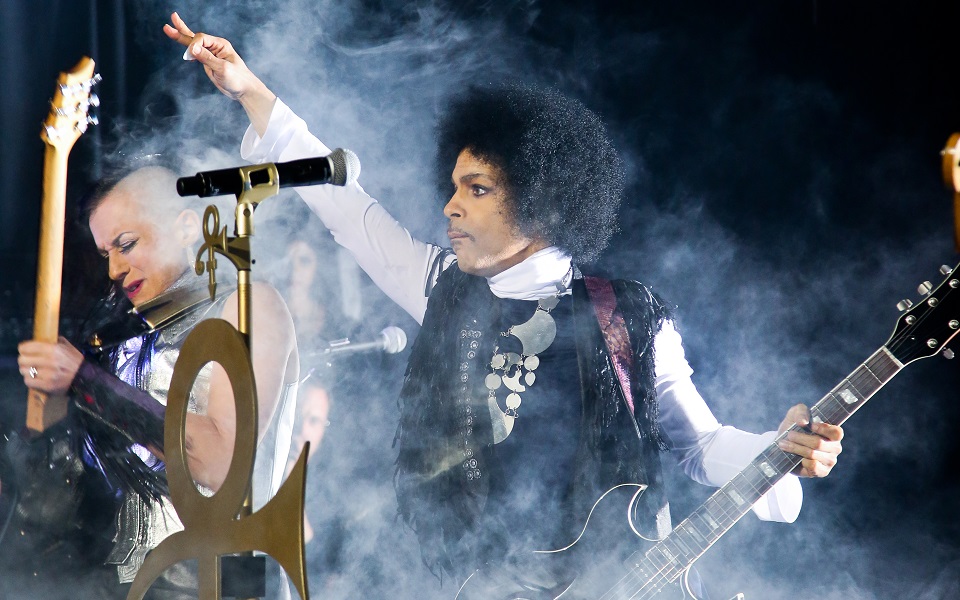
And yet, so much has changed. There are membership fees for a start: joining costs £1,500 a year for over 35s or £800 for everyone else for access to the House of Koko membership areas (Koko isn’t revealing how many paying members there are or how many complimentary memberships have been given out). One high profile musician tells me that a younger version of themselves might have been put off by the sight of a lavish private dining room looking onto the stage with exclusive views – it certainly doesn’t feel very punkish – but Bengough is confident Koko will feel inclusive.
“I think what we’re doing is futureproofing and making sure the business is sustainable,” says Bengough. “By making it sustainable the culture remains in London and in Camden and the theatre remains open to the public and thriving, and that’s obviously a huge benefit to London. So I think sometimes you’ve got to reinvent and take a risk to make sure you don’t stand still.”
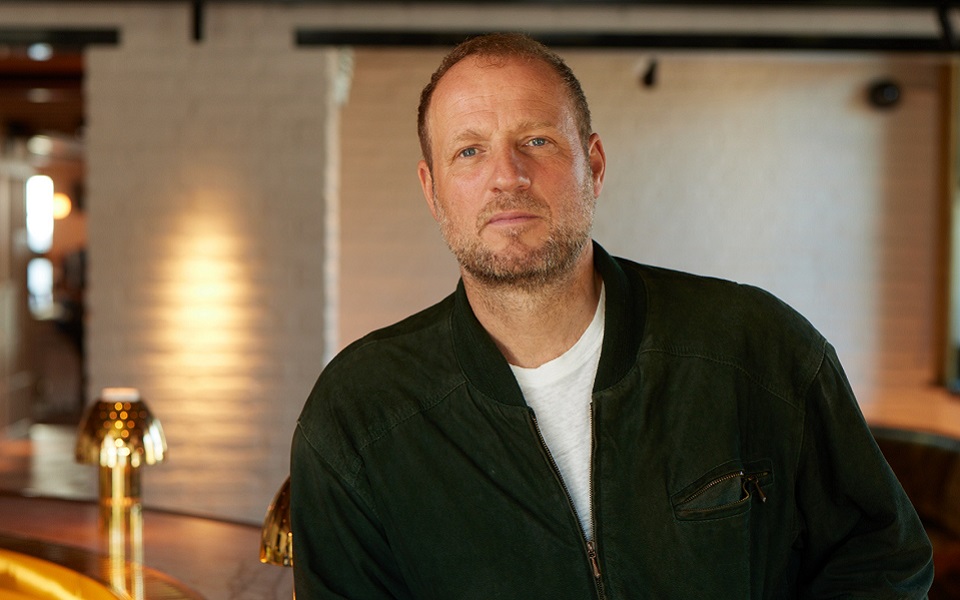
He reflects on the 2004 era when he first relaunched the formerly dilapidated venue as the new Koko: “We were lucky Amy was playing, and The Libertines and Pete Doherty were locals, so it just had this magic the first time round. I’ll always remember, there was just a real energy, it was very London, very Camden.”
Bengough birthed Koko amidst the tail end of the era when Camden was still the coolest destination in the capital. To quote Bengough, it had “edge.” The Brit Pop scene was ageing, but Amy and Pete breathed new life, and The Hawley Arms just down the road was still the hottest place in London for a pint and to go Noel Fielding-spotting. (Remember when Johnny Borrell of Razorlight was papped here with Kirsten Dunst? (Oh the glory days.)
“It’s really interesting the way it’s evolved,” Bengough says of Camden today. “Google’s HQ is here, Sony, Universal, Dr. Martens are our neighbours – that kind of regeneration brings energy and Camden has an edge.
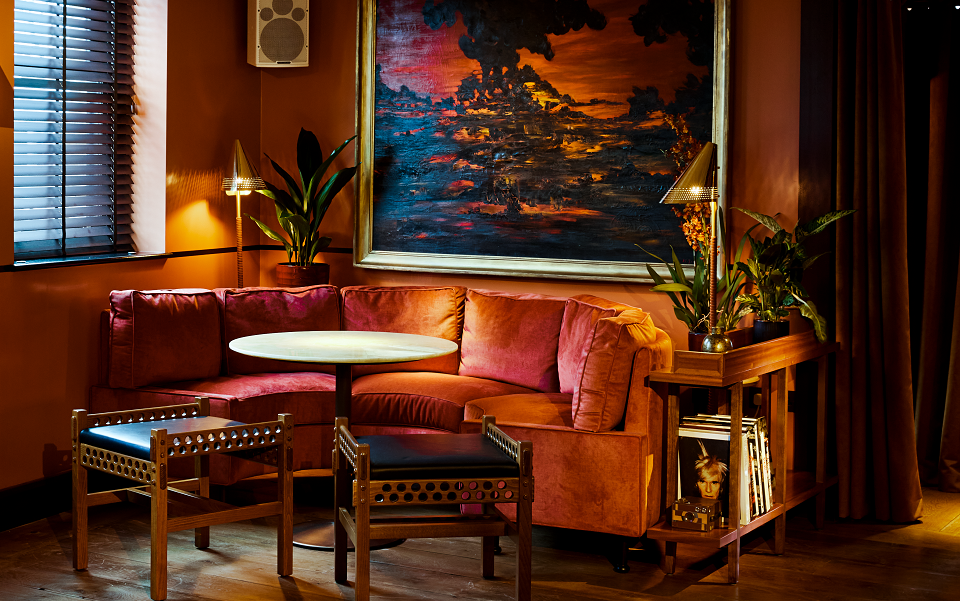
“Every day you see the strong fashion sense, some people are obviously struggling, which is sad but then they bring colour and a bit of craziness,” says Bengough. “It’s the sort of clash of the craziness added with the rockers and the fashion, people are quite free – it’s a bit rough but the roughness isn’t dangerous it’s more cultural, it’s unpredictable and cool and certain parts of London have lost that.”
Koko retained some of Camden’s spirit while most of the creative scene migrated east, to Shoreditch and other parts of Hackney. Bengough remembers of 2019 before fires rampaged that “we sold out almost every show. We finished on a massive high, we hosted incredible artists like Dave, Loyle Carner, the UK rap scene, for us it was really strong.”
The venue’s contemporaneity gives Bengough confidence in the expensive refurb, completed hand-in-hand with business partners SISTER, the production company behind hit television show Chernobyl.
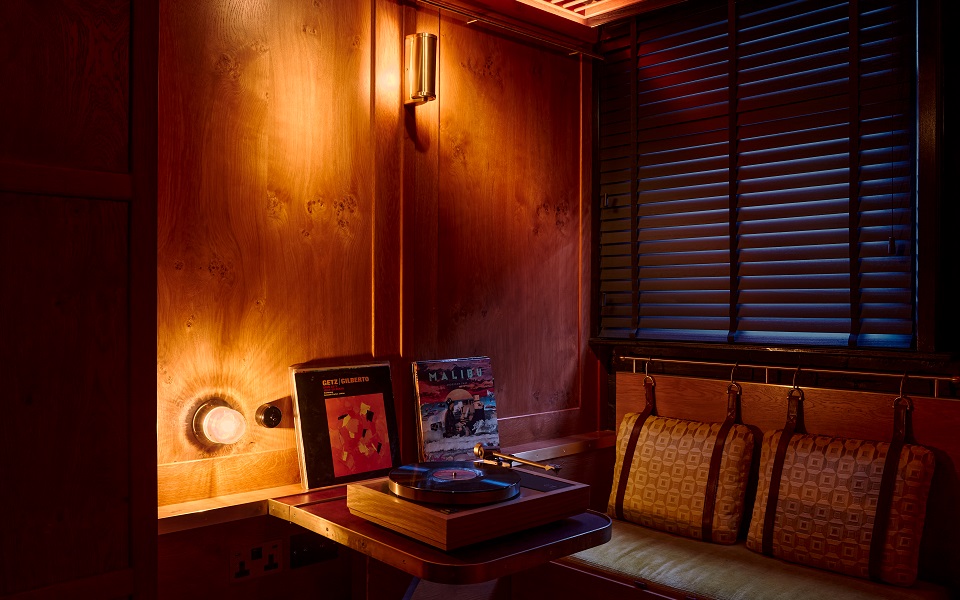
Bengough didn’t receive any money from the government or cultural institutions, and they aren’t a charity (though 5% of membership fees will go to a new Koko charitable foundation to support the music industry). “It’s a monumental challenge in today’s world to try and create things that are good for culture, music, and to do that without any support,” says Bengough. “Really I was just very lucky that SISTER and my partners have been incredible.”
It remains to be seen what the music industry Bengough has built his name around servicing (he is also behind Lovebox festival) will think of the new Koko’s luxury feel – but there’s no doubt there is nothing quite like it in London. By comparison, it makes the various Soho Houses look pokey.
A look at the website reveals the Koko punters are familiar with – famous names booked to grace the stage on back-to-back nights throughout spring. “Koko isn’t changing at all,” Bengough says: “It’s just the reality of what we’re doing, looking after a lot of people in different ways and making everyone feel great about the experience.”
For gig and club night listings, and membership information, go to Koko.co.uk
